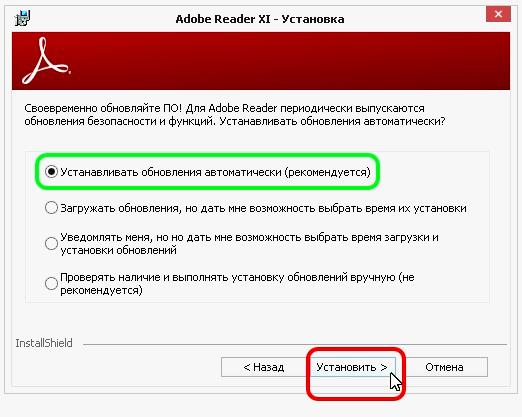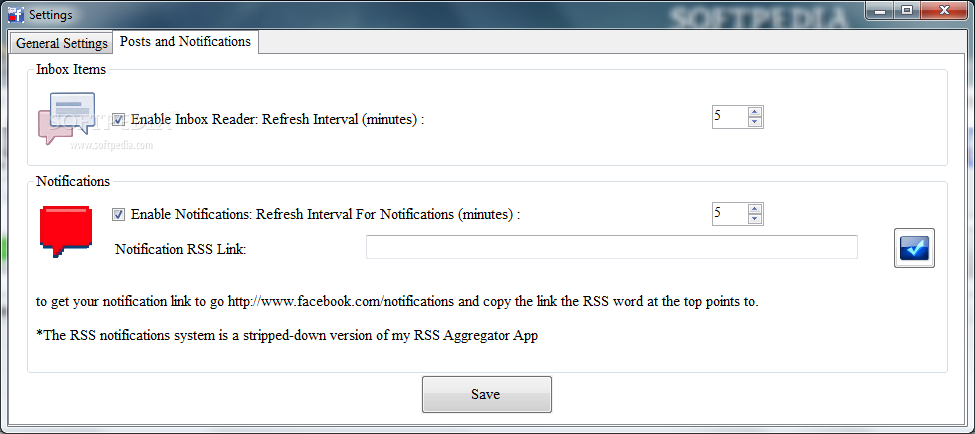- Disable Aam Updates Notifier Mac Catalina
- Disable Aam Updates Notifier Mac Update
- Disable Aam Updates Notifier Mac Pro
- Disable Aam Updates Notifier Macos
Adobe Creative Suite 6 and Adobe Creative Cloud include an automatic update mechanism that is part of the Adobe Application Manager and Adobe Creative Cloud desktop application (respectively). By default, this update mechanism uses an Internet connection to check Adobe servers for available updates to installed CS6 or Creative Cloud applications. In certain circumstances, system administrators want to disable these connections. You can disable these connections at the time of deployment using features in the Creative Cloud Packager.
Part 2 includes some fast tips you may use to rid of AAM on your Mac: try updating the app so you can remove the software. Typically, you need to enter the Applications folder, then go to Utilities sub-folder instead. Open up the below AMM file folder. Run the application, wait till the update is completed. From startup manager main window find aam updates notifier.exe process you want to delete or disable by clicking it then click right mouse button then select 'Delete selected item' to permanently delete it or select 'Disable selected item'. The App Store in macOS pushes update notifications for installed apps whenever they become available. To turn them off, you can now simply do the following: Click on the Apple menu in the top bar. Enjoy the absence of AAM. Method 02: Disable AAM scheduled task. Open Windows Task Scheduler a) Use the shortcut windows + r b) Type services.msc and click ok; Look for a service called “Adobe Application Manager Updater” (the word Updater might not be present) a) Right click the task b) Select Disable option; Enjoy the absence of AAM. I know this thread/post is old, but I’ve created a useful registry script that disables updates for Adobe Reader & Acrobat 10/XI/2015/2017/DC. Here’s a link to the zip file – just extract it and run the included registry fix.
Adobe Application Manager and the two that start with AAM are probably there to check for and make updates (though there aren't going to be more updates to CS6) and probably also as copy-protection. You can try removing those, but I bet you won't be able to use PS without at least the main one. Here is how you finish the job and get rid of the Acrobat Update service. The Adobe Acrobat Update service has a practically immeasurable impact on system performance when it’s working as it should. However, if you uninstall Adobe Acrobat Reader, the service will report high storage I/O activity when you login to Windows.
Disable Aam Updates Notifier Mac Catalina
This document explains how to disable the connections after deployment, or when using other deployment methods.
To disable access to updates for all users on a given machine, administrators can create an admin preference file. (This file disables access to updates both from the Help > Updates menu, as well as automatic update checks.) Create a plain-text file named AdobeUpdaterAdminPrefs.dat with the following contents:
Put the file in the following location:
| Mac OS | <Startup Disk>/Library/Application Support/Adobe/AAMUpdaterInventory/1.0/AdobeUpdaterAdminPrefs.dat |
| Windows 7.0 and Higher (32 bit) | C:Program filescommon filesadobeAAMUpdaterInventory1.0AdobeUpdaterAdminPrefs.dat |
| Windows 7.0 and higher (64 bit) | C:Program files(x86)common filesadobeAAMUpdaterInventory1.0AdobeUpdaterAdminPrefs.dat |
Note: It also prevents administrators from checking for updates and installing updates through that update check. This is easily dealt with by simply renaming the AdobeUpdaterAdminPrefs.dat file, running the update check and installation with the Adobe Application Manager, then restoring the file to its original name.
Alternatively, with the system-wide update disablement in place, administrators can install updates by downloading them from the Adobe product updates page.

Note: This method disables onyl the automatic update check and notification. Users can still manually initiate checks for and installations of, updates through the Updates command on the Help menu in any Adobe Creative Suite 6 or Creative Cloud application. If it's necessary to prevent users from calling update checks and installations, use the system-wide method described above.
Disabling updates based on user accounts varies based on whether the action is taking place at the time of installation, or post-installation and post-product usage. In both cases, create a plain-text file named AdobeUpdaterPrefs.dat with contents that vary based on the situation as follows:
At time of installation
In both of the above cases, put the file in the following location, overwriting the existing file in the later case:
| Mac OS | /Users/<user name>/Library/Application Support/Adobe/AAMUpdater/1.0/AdobeUpdaterPrefs.dat |
| Windows 7.0 and Higher | C:Users<user name>AppDataLocalAdobeAAMUpdater1.0AdobeUpdaterPrefs.dat |
| Windows XP | C:Documents and Settings<username>Local SettingsApplication DataAdobeAAMUpdater1.0AdobeUpdaterPrefs.dat |
Disable Aam Updates Notifier Mac Update
| # Tested on OSX Yosemite 10.10.4 |
| # there is also an updated version (work in progress) for El Capitan here https://gist.github.com/guycalledseven/31ffe35eca056838b06b |
| # XXX TODO |
| # should I disable com.google.Keystone.Agent ?? |
| # http://applehelpwriter.com/2014/07/13/how-to-remove-googles-secret-update-software-from-your-mac/ |
| # Stop DS_Store file creation on network connections |
| # restart Finder afterwards |
| defaults write com.apple.desktopservices DSDontWriteNetworkStores true |
| killall Finder |
| # Disable / Enable Dashboard |
| # Settings / Mission control / Dashboard (selector) - Off |
| # or |
| # completely disable: |
| defaults write com.apple.dashboard mcx-disabled -boolean YES; killall Dock |
| # enable again: |
| #defaults write com.apple.dashboard mcx-disabled -boolean NO; killall Dock |
| # remove adobe auto update helper (i only have acrobat installed, so running this on adobe cc instalation could damage it) |
| # not tested |
| cd /Library/LaunchDaemons |
| launchctl remove `basename com.adobe.ARM* .plist` |
| sudo rm com.adobe.ARM* |
| cd /Library/LaunchAgents |
| launchctl remove `basename com.adobe.ARM* .plist` |
| sudo rm com.adobe.ARM* |
| # disable sending of crash reports to Apple (SubmitDiagInfo) |
| sudo launchctl unload -w /System/Library/LaunchDaemons/com.apple.SubmitDiagInfo.plist |
| # disable photolibraryd |
| # com.apple.photomoments.xpc tries to access the internet without any reason and authorisation |
| # photos.app stops working after this |
| sudo launchctl unload -w /System/Library/LaunchDaemons/com.apple.photolibraryd |
| sudo launchctl unload -w /System/Library/LaunchDaemons/com.apple.cloudphotosd |
| # after restart they show up here |
| sudo launchctl unload -w /System/Library/LaunchAgents/com.apple.photolibraryd.plist |
| sudo launchctl unload -w /System/Library/LaunchAgents/com.apple.cloudphotosd.plist |
| # disable Apple Push Notification Service (apsd) |
| # FaceTime could complain |
| sudo launchctl unload -w /System/Library/LaunchDaemons/com.apple.apsd.plist |
| # disable gamed |
| # make sure to log out from game center |
| sudo defaults write /System/Library/LaunchAgents/com.apple.gamed Disabled -bool true |

commented Aug 17, 2016
It seems now Adobe Updater is AAM instead of ARM:
|
Disable Aam Updates Notifier Mac Pro
commented Nov 6, 2017 •
I only have Adobe Acrobat Reader installed and I have: I guess AAM is part of other Adobe Tools that need Adobe Updater. |